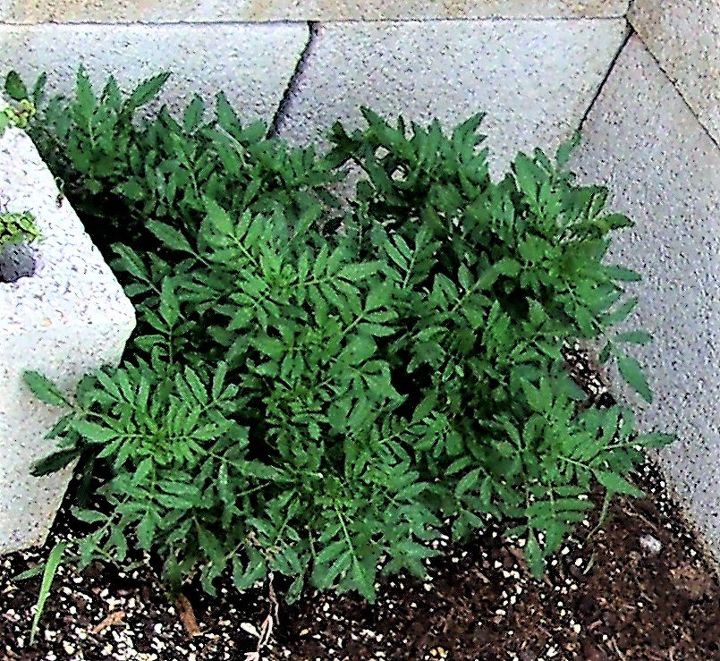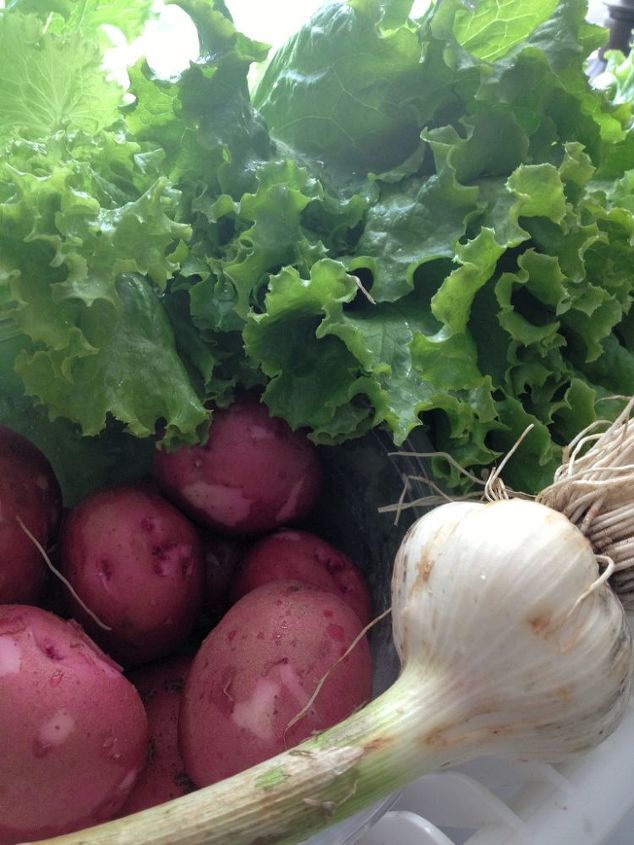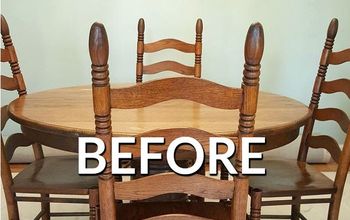Does anyone know how to kill slugs that are eating plants?

Does anyone know how to kill slugs that are eating plants ??? They are killing my canna lilies !!! I tried dawn and water and that worked but it made the leaves turn brown.
Related Discussions
GNATS - How to get rid of them?
Somehow my house and garden got tiny gnats that killed my fuchsia plant and fly everywhere. I have tried ALL the Web recommendations - soap and oil dishes, sand in th... See more
Marigolds growing! Should I pinch the buds?
My marigold plants are growing. I heard that pinching the buds until Autumn will allow them to grow without killing the plant. Is this true?
Growing garlic
Growing our first garlic, should we wait until the leaves are drying out before we pick it? Husband picked first one today along with our first potatoes.
How to keep mice out of your garden?
Hi everyone, I have mice in my garden destroying my vegetables and I have also noticed them in the barn and shed. Please can someone tell me how to prevent them from ... See more
What's the best flower/plant to grow in Texas?
I know that opinions vary, but what's your opinion?!I have great luck w Rosemary plants. Green all year long.



Table salt will kill them
I was told to bury a small container, like a butter dish or something on that order, near the flowers, only in the ground and fill it up with beer. Any kind of beer will work. Something about they like the smell of the beer but when they fall in, they can not get back out so they drown. I had a spray of some kind last year that I would spray on the slugs and right away, they would swell all big and then it was like their skin just disappears and then they are gone. As soon as I remember what it was, I will let you know.
Good Luck,
Bev
Salt
Put Epsom Salt on the soil, it will dissolve them, be careful to not get it on your plants, it will burn them ES is a valuable nutrient for your plants.
Or, if you do not need to go the nutritional route, just plain table salt will have the same devastating action on the slugs.
Sink a few bowls or plates in the ground level with the surface. Fill the bowls/plates with (cheap) beer. The yeast attracts the slugs. They drink their fill and drown. Not their sorrows
Anything you can make it uncomfortable for the slugs/snails to crawl on will deter them. A combination of solutions from everyone here should take care of them.
Broken nutshells work in the same way as egg shells when getting rid of slugs. Break up the nutshells into small pieces, and create a protective barrier around your plants. Any slugs that come near your vegetables will soon turn the other way.
Crushed egg shells work as a great home remedy of slugs. This is because slugs don’t like moving across sharp objects, although it isn’t not impossible for them to do, they just prefer not to. Break up the empty egg shells into small(ish) pieces and place around the flowers, plants, vegetables, and fruits you want to keep safe from slug damage.
Ash and Cinders make a rough protective barrier, and the fine ash also acts as a desiccant that dries the slug out. Wood ash and cinders are preferable. Avoid direct contact with plants.
Grit and Gravel. The sharp rasping edges of finely crushed ‘horticultural grit’ makes an excellent slug barrier. Coarser gravel is largely ineffective, other than for decorative purposes.
Sandpaper. Cut rings of sandpaper and slip them round the stems of vulnerable plants.
Sawdust makes a good coarse barrier around tender plants, also acting as a desiccant that dries the slug out. Hardwood sawdust is most effective, and some people recommend cedar or oak.
Copper Rings or Discs. Solid copper rings/discs of various diameter, used to encircle single or small groups of plants to inflict a mild electric shock on the unsuspecting slug. Look for rings that clip together. These are easy to slip round established plant stems, or join together to form a larger barrier.
do not use salt it will kill your plants and your soil; Excessive salt not only destroys the soil structure, salt also attracts water and blocks its absorption to plant roots. As a result, plants may exhibit signs of drought even when the soil is wet or waterlogged. Other signs of salt damage may be water pooling on the surface without penetrating.
Just as the results of high soil salinity on plants is seen in leaf and stem burns, it is hard on earthworms and microorganisms as well. Just buy some slug killer from store
Diatomaceous earth works great. Check it out here. https://littlesproutslearning.co/how-to-fight-slugs-naturally-with-diatomaceous-earth-and-a-giveaway/